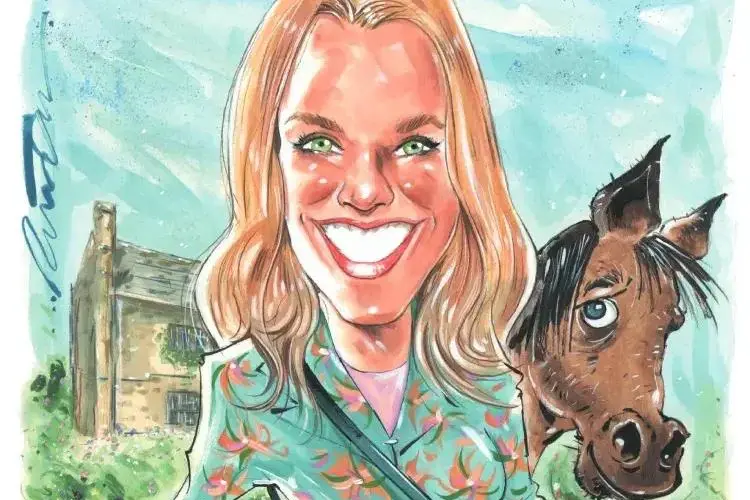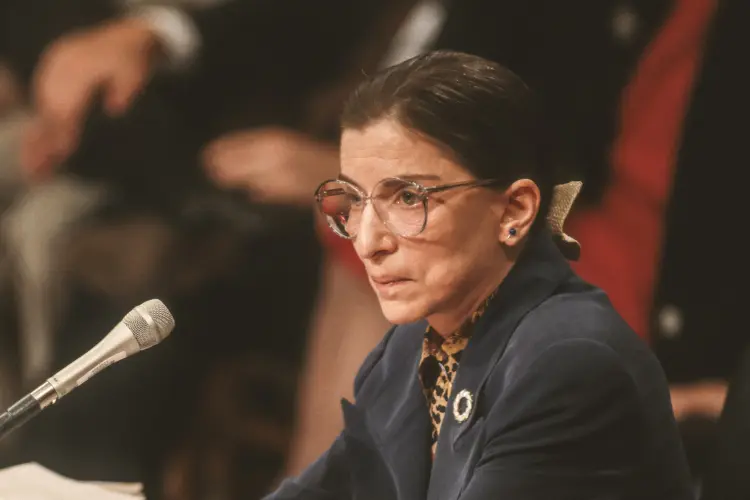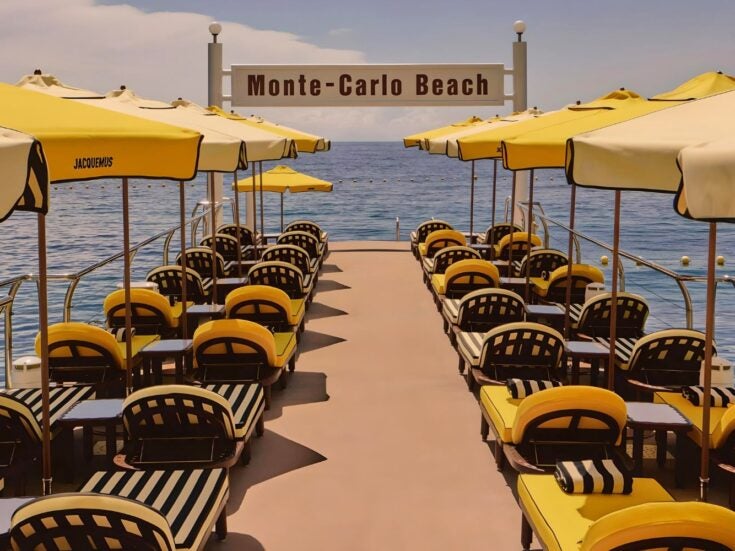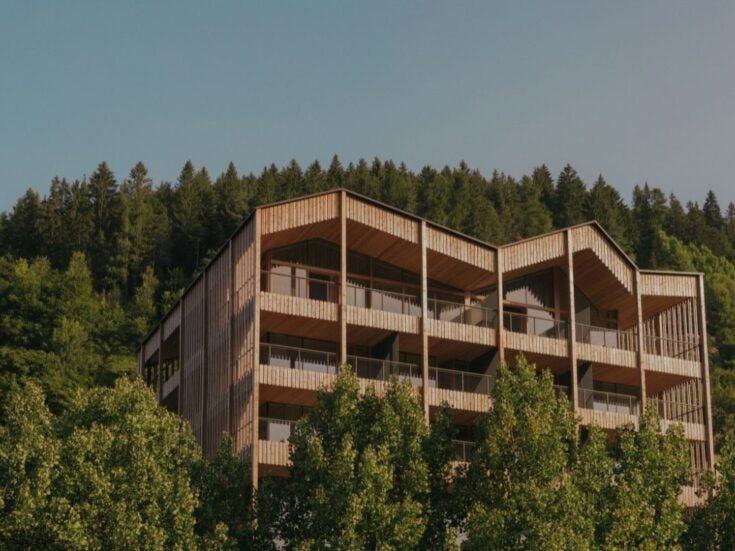
How much is an ounce of gold?
I’m American and I’ve seen that it’s ounces, so I should actually know. But I have no idea.
What is the best piece of advice you’ve ever been given?
Something that I’ve worn on my wrist for a really long time is ‘she needed a hero so that’s what she became’. I think especially now in the world we’re living in, you’ve got to be your own hero.
Who would you consider your greatest inspiration?
Ruth Bader Ginsburg. She was a champion for gay rights, women’s rights, for the poor, and for a lot of other marginalised groups. So I am my own hero, but if I had to look elsewhere, I’ll look to Ruth.

What was your first job?
I worked at Dairy Queen. I remember hoping I was going to get the job because I wanted to wear the red polyester coat that said ‘Dairy Queen’. I also remember when they told me I got the job and I was getting paid $2.85 an hour!
What did you spend your first pay cheque on?
I know that I was always putting money towards another invention that would make money. Growing up in America, lemonade stands were huge, but I wouldn’t just want to have a lemonade stand – it would have biscuits and cupcakes – so I think my first pay cheque was spending money on ingredients for my lemonade stands.
Work to live or live to work?
Working helps me sustain happiness in my world. I don’t lose my identity of who I am. Working, inventing, and creating is a great reminder for me of how I can create my own happiness from within, not from anybody else or from what money can buy.
How do you enjoy your down time?
The one thing I can’t live without is my yoga mat. I’m very disciplined to make sure that no matter what my day looks like, I’m getting my yoga in. My yoga mat goes everywhere with me; you’ll see me in a dress or a smart suit and I’ll usually have a yoga mat. If I’m going to an event in a different town across the UK and I know I can get there a little bit earlier, I can then do a yoga practice before the event.
You’re working to rewild your family estate, Mapperton. Why is that so important to you?
Rewilding really means that we’re providing a future for our estate here that also helps to tackle the biodiversity crisis. I think during the pandemic, we all learned how important green spaces are for our wellbeing and we want to be able to provide more access for more people to enjoy those green spaces.

A recent report from Coutts reveals that rewilding, eco-living, and efforts towards living a more sustainable life are increasingly popular among younger HNWs and is even increasingly being perceived as aspirational. Do you see evidence of that?
Yes, the research from Coutts shows that the country’s landowners – like us – are taking sustainability seriously and it is a positive sign. A quarter of high-net-worth individuals are making changes to their land to make it more sustainable, so it’s brilliant. This is trending and this is what we want.
What are the steps you’re taking to rewild Mapperton?
We’ve introduced White Park cattle, Exmoor ponies, Iron Age pigs – and then we have the beavers that will be arriving in the summer. Together they’re going to help restore and balance the ecosystem here.
How do you hope these efforts will change your family estate?
We have four children and none of them are interested in traditional country sports such as shooting – they would rather take us on a climate strike. Rewilding is in part our response to their priorities, and they will ensure that Mapperton develops in accordance to their values and concerns.
You’ve been described as a mindfulness guru, an American viscountess, an entrepreneur and a television personality. Which do you identify with most?
I’d say probably an American viscountess because I think what it probably does is question who I am – I’m not just a viscountess with this sort of English heraldry around me. I’m sort of the American making this work of nobility and aristocracy accessible to all, and that’s why I like it. It’s accessible to all.






